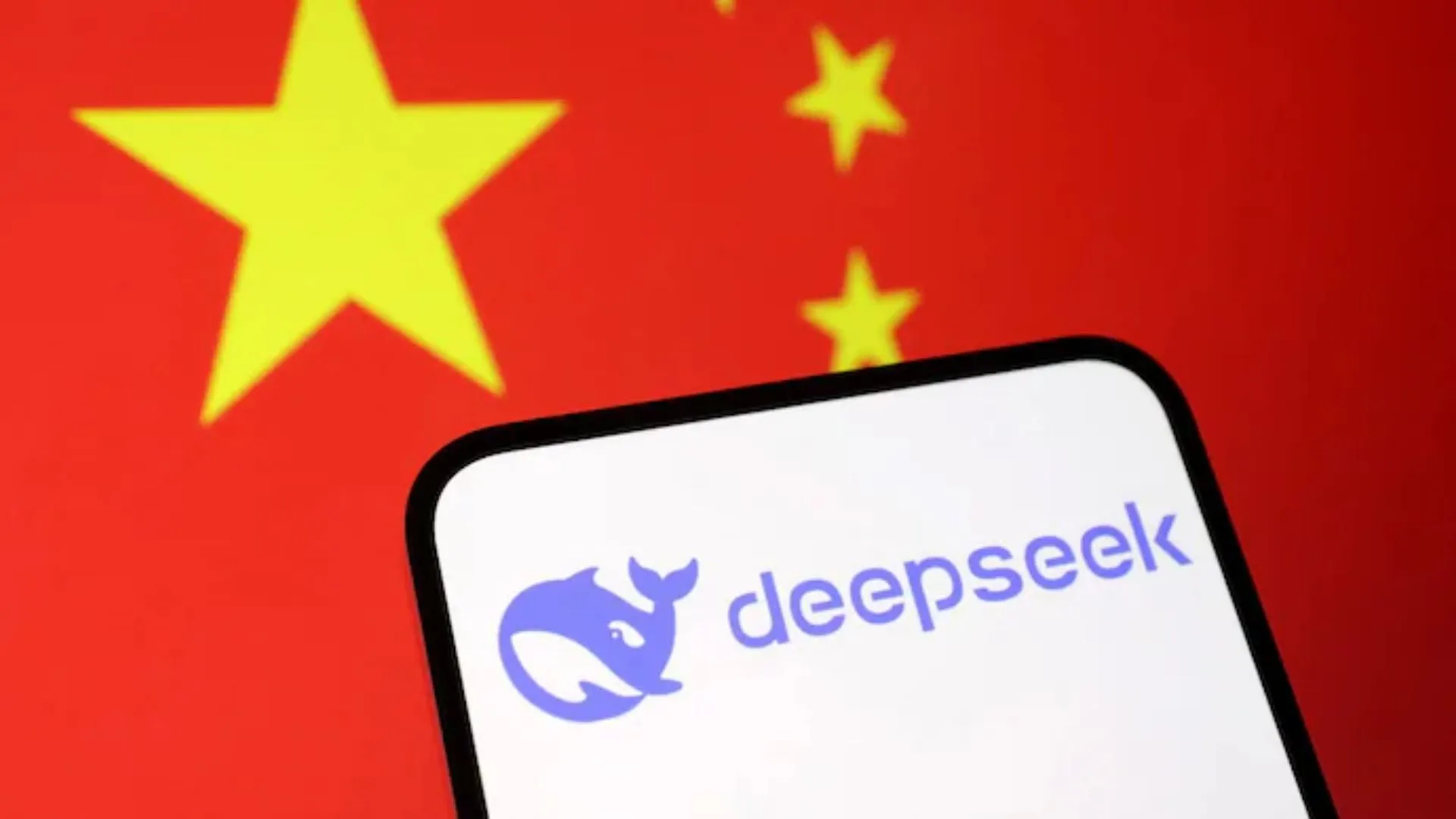Chinese artificial intelligence (AI) startup DeepSeek on Monday announced it would temporarily halt new user registrations following “large-scale malicious attacks” on its services. However, the company clarified that existing users would still be able to log in as usual. This move comes as the company has gained significant attention for emerging as a fierce competitor to established AI giants like OpenAI’s ChatGPT, Google’s Gemini, and others.
DeepSeek’s Rapid Growth and Market Impact
Earlier on Monday, DeepSeek made waves by surpassing OpenAI’s ChatGPT on Apple’s App Store, claiming the top spot as the most-downloaded free app in the United States. This victory came with the launch of DeepSeek’s own AI Assistant, contributing to a dramatic sell-off in global tech stocks.
The startup, founded in 2023, has experienced a surge in interest since the release of its R1 AI model last week. Analysts, investors, and developers are closely monitoring DeepSeek’s rapid rise, with many believing the hype may be justified. As the generative AI arms race intensifies, tech companies are scrambling to maintain their position in a market projected to exceed $1 trillion in revenue within the next decade.
DeepSeek: A Low-Cost Model Shaking the AI Landscape
Despite the U.S. imposing export restrictions on chips to China three times in the past three years, DeepSeek has successfully developed its models. The company’s R1 model, released last week, was reportedly built at a fraction of the cost of its U.S. counterparts. Jefferies analysts have estimated that the training cost for DeepSeek’s R1 model was just $5.6 million, assuming a $2 per hour rental cost for H800 chips. This is significantly lower than the estimated training costs of Meta’s Llama and other AI models developed by companies like OpenAI, Anthropic, and Google.
The low cost of DeepSeek’s AI model has sparked discussions within the industry about the viability of current funding levels in AI development. While the field has seen an influx of capital and an increase in billion-dollar valuations, questions are emerging about whether this spending is sustainable or if an AI “bubble” is forming.
Global Stock Market Reaction To DeepSeek and Investor Concerns
The news of DeepSeek’s disruptive potential sent shockwaves through global financial markets. Technology-heavy stocks took a major hit, with the Nasdaq sliding by 3.1% and the S&P 500 dropping 1.8%. Nvidia, a dominant player in the AI chip market, experienced an 11% slump in early trading. Other major tech stocks also suffered significant losses, with Microsoft dropping 3.8%, Meta Platforms falling 3.1%, and Alphabet slipping 3.3%.
The rapid emergence of DeepSeek has raised concerns about the dominance of U.S. tech companies in the AI sector. The Chinese startup’s AI assistant, which offers a viable and more affordable alternative to existing models, has led investors to question the massive investments being made by companies like Apple and Microsoft.
DeepSeek’s Secretive Operations and Technology
Little is known about DeepSeek, the small startup based in Hangzhou, China. The company’s researchers revealed in a paper last month that its DeepSeek-V3 model, launched on January 10, utilized Nvidia’s H800 chips for training. DeepSeek reportedly spent less than $6 million on the development of the model, a figure that has drawn considerable attention in the tech community.
H800 chips, while not the top-of-the-line option, were initially developed to bypass export restrictions placed on China. However, these chips have since been banned under U.S. sanctions. Despite this, DeepSeek has managed to leverage these chips effectively, further highlighting the company’s potential to disrupt the AI market at a fraction of the cost of its competitors.
Also Read: DeepSeek Hit With Large-Scale Cyberattack, Limits Registrations: Who Is Behind The Malicious Attacks






















